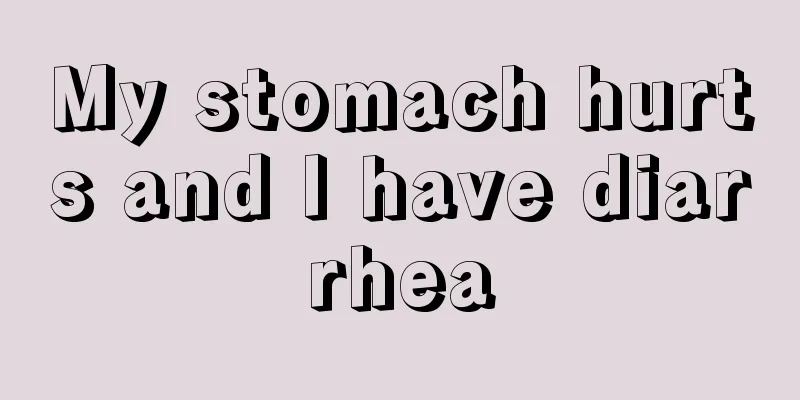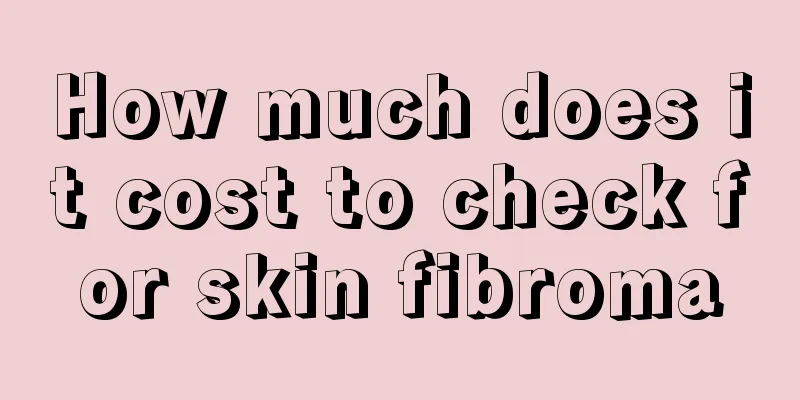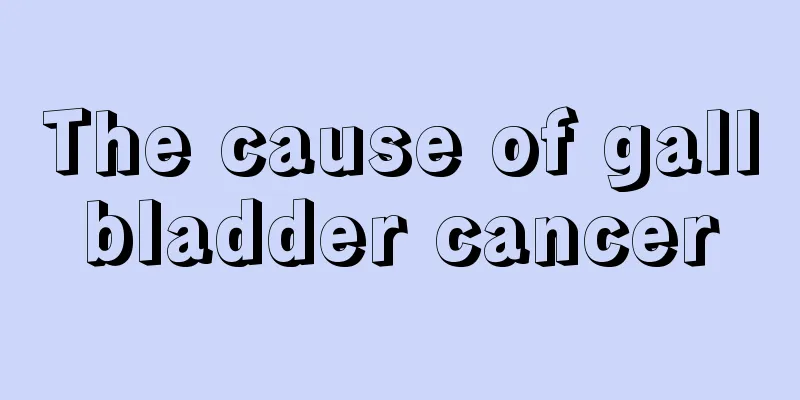What causes cracks on teeth?

|
If there are cracks on your teeth, you should pay attention to early prevention and treatment, especially now that many people are susceptible to some oral and dental diseases. So once cracks are found and accompanied by pain and soreness, you should pay more attention to treatment to minimize the adverse effects and hazards. 1. Early prevention and treatment of cracked teeth. In daily life, some people will feel pain in their teeth when they eat sweet, sour, or cold food, so they dare not bite. After a while, the pain will slowly disappear. Therefore, people do not pay much attention to this dental disease and often delay going to the hospital for treatment due to busy work or other reasons. After repeating this for a period of time, the toothache became more and more severe and lasted longer and longer, until one day, when the tooth suddenly cracked when eating hard food, I went to the hospital for treatment. The doctor will tell the patient with regret: This is a cracked tooth, it is too late and cannot be repaired, it can only be extracted. In fact, this type of tooth can be completely cured in the early stages. 2. Cracked teeth are medically called "hidden cracked teeth". They are non-physiological small cracks on the surface of the teeth. They are usually not easy to be found by patients, but can cause some of the above toothache symptoms. Medically, the causes of the disease can be divided into three categories. 3. The weak parts of the tooth structure itself will suddenly crack when chewing hard objects. The higher the tooth tip, the more likely it is to develop cracks. It is also prone to occur when a steep slope appears after the teeth are worn. 4. Due to cracks in teeth, patients often feel toothache. However, cracks of different depths cause different degrees of pain. Generally, shallow cracks will not cause toothache. Deeper seams can cause severe pain when chewing food or when exposed to cold, hot, or sour stimulation. If the breath is deep enough, you may even feel toothache when breathing. If you are not careful, you may break a tooth by biting on something hard. 5. When our teeth feel pain even though they are not decayed, we should suspect the existence of cracked teeth. At this time, we can do some simple self-examination, such as applying iodine tincture to the suspicious area, wiping it with alcohol, and observing the cracks of the stain to make a preliminary diagnosis. Or if you bite a toothpick with the suspected tooth, you may experience a brief tearing pain, which indicates that the tooth has a hidden crack. |
<<: What to do if you have buck teeth?
>>: What to do if your teeth are calcium deficient?
Recommend
How to massage calf muscles to eliminate them?
Many women want to have a slender and long calf, ...
Traditional Chinese medicine believes that there are three aspects to the etiology and pathogenesis of colorectal cancer
Traditional Chinese medicine does not have a dise...
What are some tips for removing acne and acne scars
Everyone will have their own adolescence in life....
What are the benefits of wearing Khun Ping amulets
The Khun Phaen amulet originated from Thailand. I...
Blood sugar level after drinking sugar water
Many people are troubled by diabetes. Diabetes no...
Eating biscuits and cakes often can cause uterine cancer. Can uterine cancer be prevented?
Most women love to eat sweets, and some female di...
Is there any relationship between bad breath and kidneys?
Most bad breath is caused by problems with the di...
What is Femoral Cancer
What is Femoral Cancer? First point: The incidenc...
Is camellia suitable for indoor cultivation?
Many people like to grow flowers, especially all ...
Can congenital lumbar spondylosis be cured?
Among many congenital diseases, some can be cured...
Can I eat it if I have constipation
Constipation is a very common problem. It is very...
Is chronic appendicitis serious?
Appendicitis is a common clinical disease, and th...
How to treat the itchiness of the urethra?
Do not ignore the itching sensation at the urethr...
What to do if your eyes are dry and painful
Dry and swollen eyes are very common in daily lif...
Royal jelly for hair loss treatment
Hair loss has become a hair problem that troubles...









